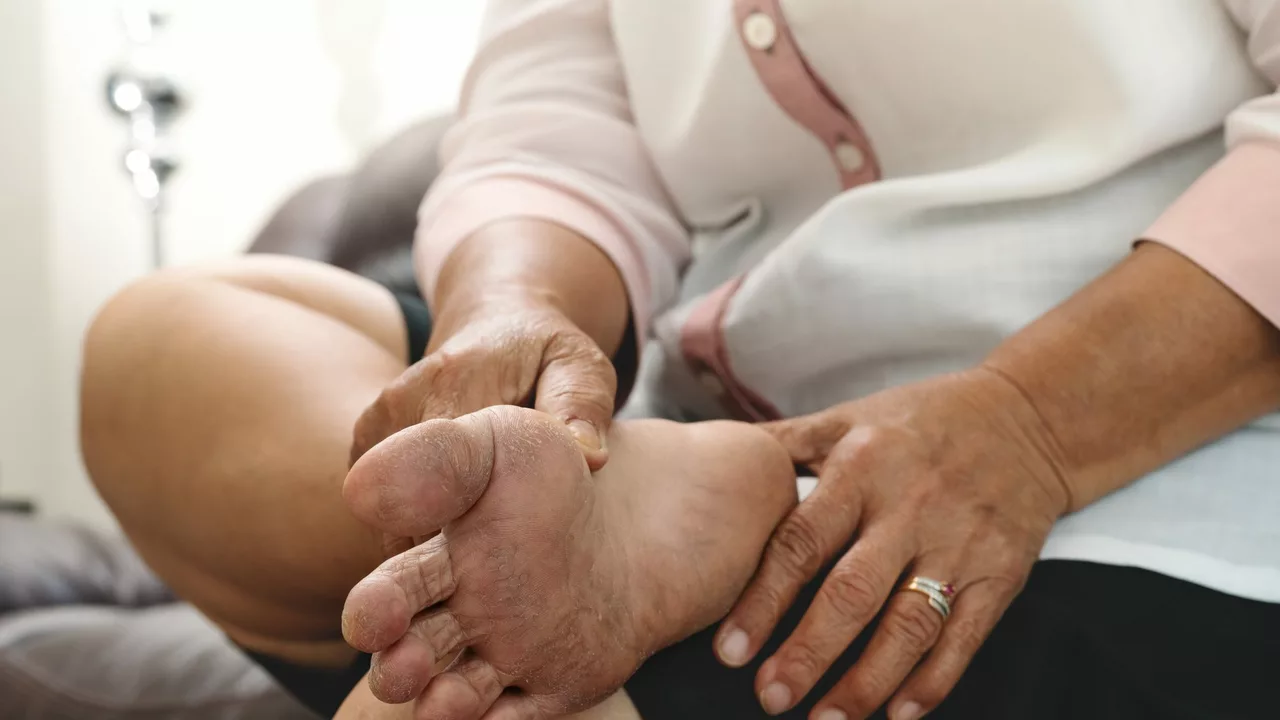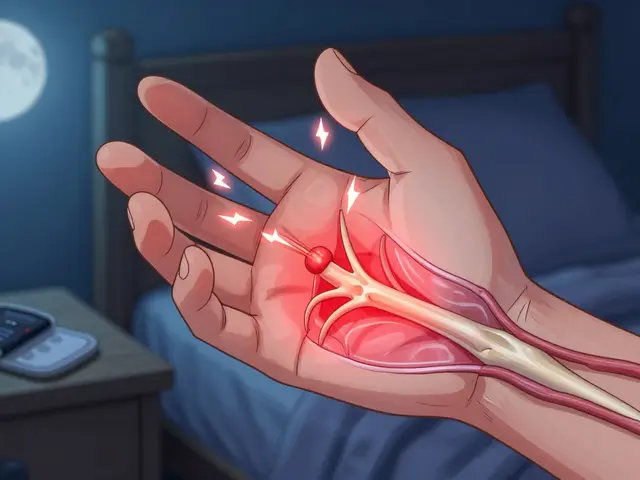Neuropathy and Balance: Why Your Feet Might Be Failing You
Have you noticed your balance getting worse while your feet feel numb or tingly? Peripheral neuropathy often affects the small nerves that tell your brain where your feet are. When those signals are weak or missing, your body can’t correct posture and you end up swaying, stumbling, or falling.
Neuropathy doesn't hit balance the same way for everyone. Some people lose sensation but keep strength; others keep feeling but lose reflexes. That difference matters because it changes how you test and treat balance problems. The goal is simple: restore reliable input to the brain and reduce fall risk.
Quick home checks you can try
Stand with your feet together and eyes open for 30 seconds. If you feel unsteady, try the same test with eyes closed. Worsening when your eyes are closed points to a sensory problem rather than a vestibular issue. Try walking heel-to-toe along a straight line; watch for wobble or missteps. These checks are not formal exams, but they help you notice change and decide when to see a clinician.
Practical steps that help balance
Improve lighting and remove loose rugs at home to lower fall risk immediately. Wear low-heeled shoes with rigid soles and a secure fit; barefoot walking increases risk. Use grab bars in bathrooms and a nightlight for safe nighttime trips.
Simple daily exercises can rebuild balance. Try single-leg stands near a chair, shifting weight from side to side, and slow tandem walking for two minutes twice a day. If standing feels unsafe, sit and practice ankle circles and toe raises to keep joints and muscles active.
Address underlying causes. Good blood sugar control, review of medications that cause neuropathy, and treating vitamin B12 deficiency often improve nerve function. Talk with your doctor about medications for neuropathic pain—reducing painful symptoms can make walking and training easier.
Consider physical therapy if you trip often or fear falling. A therapist will teach balance drills, gait training, and recommend assistive devices like a cane or walker when needed. Occupational therapists can adapt your home so daily tasks become safer and less tiring.
Use technology to stay safer. Smartphone apps and wearable step trackers can alert you to changes in activity or frequent unsteady episodes. A fall-alert device gives peace of mind when you live alone.
When to call a doctor: if balance declines quickly, you have new weakness, double vision, slurred speech, or sudden numbness, seek urgent care. For gradual changes, schedule a visit to assess neuropathy severity and to create a tailored plan that focuses on balance, strength, and independence.
Small, consistent changes—safer shoes, simple exercises, and home fixes—often cut falls and improve confidence. You don’t have to accept swaying or frequent stumbles as “just getting older.” Start with the checks above and get professional help if things don’t improve.
If you use a walker or cane, get fitted properly and practice with a therapist — small adjustments make walking steadier and safer every single day.
Hey guys! Ever wondered why your diabetic uncle seems to wobble like a weeble? Well, it's not because he's trying out for a circus act, it's likely due to Diabetic Peripheral Neuropathy (DPN). This tongue-twister of a condition can cause balance issues because it damages nerves in the feet and legs. This nerve damage can lead to a loss of sensation, making it tricky to keep upright! So, next time you see uncle bobbling, you'll know it's not a secret talent, but something he's courageously managing.
View Details

